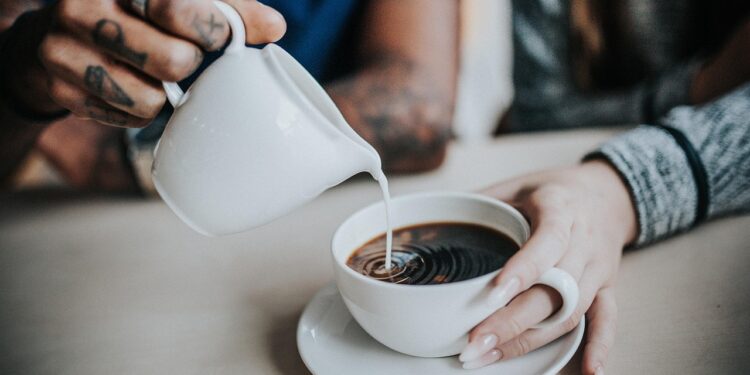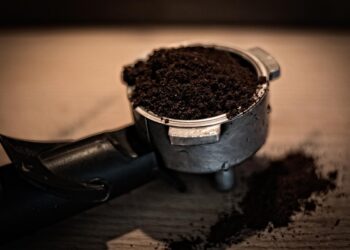Exploring the World of Coffee: Traditional vs. Modern Brewing Techniques
The art of brewing coffee has evolved significantly over the centuries, from ancient traditional methods to modern, sophisticated techniques. This balance between heritage and innovation not only highlights the rich history behind coffee but also the constant improvements made in pursuit of the perfect cup. For coffee enthusiasts and casual drinkers alike, understanding these methods can enhance both the appreciation and the taste of the coffee.
Understanding Coffee Brewing Fundamentals
Before diving into specific techniques, it’s essential to grasp some basic concepts in coffee brewing:
– Extraction: This is the process of pulling flavor from coffee grounds using water. Clear extraction results in a well-balanced flavor, while under-extraction leads to weak, acidic coffee, and over-extraction causes bitterness.
– Grind Size: The size of your coffee grounds affects extraction. Finer grounds are ideal for quick extraction methods, while coarser grounds suit slower brewing.
– Brewing Time: Different methods require different contact times between the water and coffee grounds.
These fundamentals impact the effectiveness of both traditional and modern brewing techniques, shaping the flavor and quality of the brewed coffee.
Traditional Brewing Techniques
Traditional coffee brewing methods have withstood the test of time, treasured for their simplicity and the deep cultural connections they embody.
1. Turkish Coffee
Considered one of the oldest brewing methods, Turkish coffee is distinctive for its fine grind and the unfiltered preparation. The coffee is brewed slowly with water and sugar (optional), often spiced with cardamom or other spices, in a special pot called a ‘cezve’. This technique creates a strong, thick coffee that is enjoyed slowly, frequently as part of a ritual.
2. French Press
A beloved method in many households, the French press involves steeping coarse coffee grounds in boiling water for several minutes, followed by pressing the grounds with a plunger. This method allows oils and fine particles to remain in the drink, resulting in a richer flavor.
3. Pour Over
Characterized by pouring hot water through coffee grounds in a filter, the Pour Over method offers excellent control over the strength and taste of the coffee. The water drains through the coffee into a carafe or mug, producing crisp and clean flavors.
Modern Brewing Techniques
Innovative technologies have paved the way for modern brewing techniques, which appeal to today’s fast-paced lifestyles and preference for consistency and convenience.
1. Espresso Machines
An espresso machine forces hot water through very finely ground coffee under pressure, extracting flavors and oils quickly and efficiently. This method is the backbone of many popular coffee drinks like cappuccinos and lattes.
2. Single-Serve Pod Coffee Makers
Single-serve coffee makers, such as Keurig or Nespresso, use pre-packaged coffee pods to brew a consistent cup of coffee with minimal effort. This method is ideal for those who value convenience and speed.
3. Cold Brew
Unlike traditional brewing methods that require hot water, cold brew coffee is made by steeping coarse coffee grounds in cold water for an extended period, typically 12-24 hours. The result is a smooth, sweet, and less acidic beverage.
Comparing Traditional and Modern Brewing Techniques
Each brewing method offers unique advantages:
– Traditional methods emphasize manual techniques and have a cultural significance that can enrich the coffee experience.
– Modern techniques focus on convenience, speed, and consistent results, appealing to those with a busy lifestyle or those new to coffee brewing.
Conclusion
Whether you prefer the ritualistic and rich flavors of traditional coffee brewing methods or embrace the consistency and ease of modern techniques, the world of coffee has something for everyone. By experimenting with different methods, you can discover not just how you like your coffee, but also gain an appreciation for the diverse cultures and technologies that surround this beloved beverage.
Further exploring and understanding these methods can also help budding baristas and coffee aficionados enhance their craft, ensuring every cup of coffee is as delightful as the last. Embrace the journey through the world of coffee brewing and find your perfect match.






